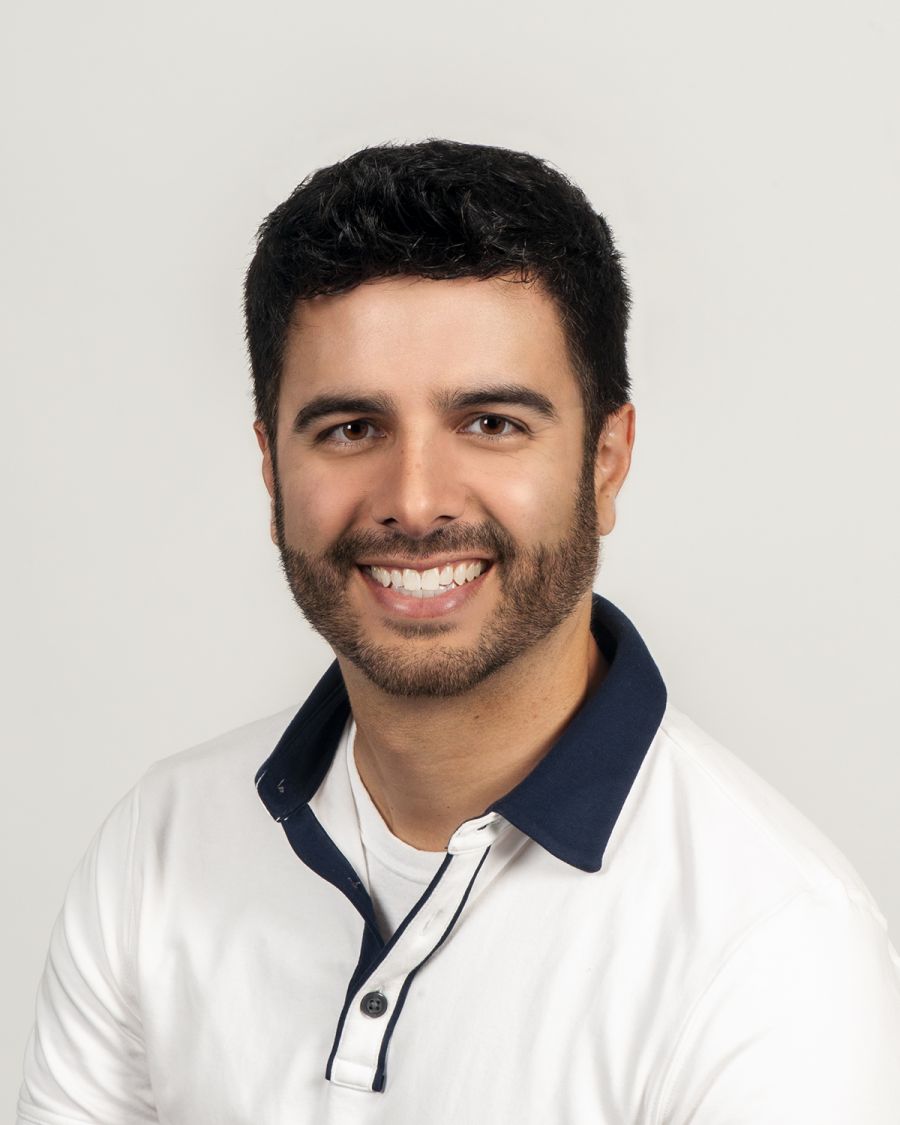


What do you want to be when you grow up? This question is common and comes up many times as children grow up. In high school, seniors are asked if they plan to attend college and what they plan to major in. As the career world has become more fluid, dynamic, and constantly in flux, this question reverberates well into adulthood. Now more than ever, people often change jobs, switch careers, and have diverse workforce experiences. This developmental process that occurs throughout our entire life, from childhood to adulthood, involves the development of our vocational identity.
Vocational identity can be understood as the conscious awareness of oneself as a worker. It involves the personal knowledge of our values, interests, skills, and goals. All these personal characteristics reflect our strengths. Strengths can be broadly defined as natural qualities people possess that enable or promote well-being. Well-being at work and in our career journey is just as important as any other area of our lives. In my doctoral research, I explored how being aware of our strengths is important to making career decisions and understanding how they relate to the career world and to our job satisfaction.
Guided career pathways can be a valuable tool in helping us understand the relationship between our strengths and the career world. Waubonsee’s guided career transfer pathways provide course recommendations based on college majors and personal interests. Students can explore how their strengths may algin and diverge from the pathway and reflect on how they can use specific strengths to help progress successfully through the pathway.
For example, if students are interested in pursuing a business transfer pathway, they may be able to imagine how they would use their strength or interest in management and marketing courses. As they are placed in courses, they may have realized that there may be some difficulty in using this strength in accounting and business calculus courses. Nevertheless, conversations with professors, counselors, friends and family can allow students to brainstorm strategies to use their strengths to perform well in these courses and through their time in college.
To succeed in one’s career exploration, students must conduct informational interviews with industry professionals or any other field of interest. By learning about the strengths these professionals have used in their career development, students can gain valuable insights and apply them to their own journeys.
We should continuously discover and develop our strengths throughout our working lives. Guided career pathways aid in making the vital connections between one’s vocational identity, providing clarity for educational decisions, purpose, and career fulfillment.

